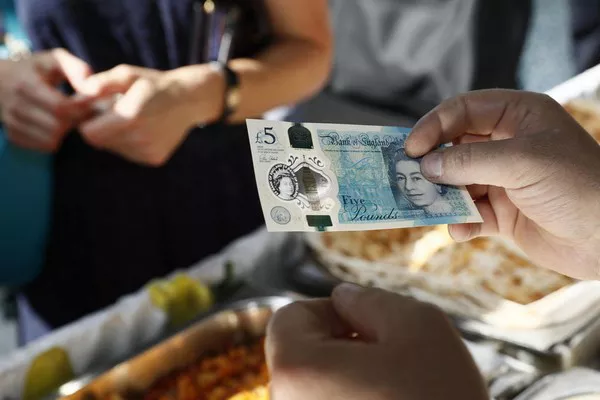In the vast landscape of global finance, acronyms and abbreviations abound, leaving many individuals bewildered and seeking clarity. One such abbreviation that frequently graces financial news and discussions is GBP. But what does GBP stand for, and why is it of significance in the financial world? In this article, we will delve into the meaning of GBP, its origins, and its role as a prominent currency code.
Understanding the Basics:
GBP stands for British Pound Sterling, the official currency of the United Kingdom and its territories. It has a rich history dating back to the 8th century when silver pennies were first introduced. Over the centuries, the currency evolved, and the pound sterling emerged as the primary unit of currency. The term “pound” itself originates from the Latin word “libra,” which means a unit of weight.
Currency Code and Symbol:
In international financial transactions and trading platforms, currencies are often identified by three-letter codes, known as currency codes. GBP serves as the currency code for the British Pound Sterling. Additionally, the pound is symbolized by the symbol “£,” derived from the letter L for libra. This symbol has become synonymous with the British currency and is widely recognized globally.
Origins of GBP:
The origins of GBP can be traced back to the medieval period when the pound was used as a unit of account in various European countries. The British Pound Sterling, as we know it today, gained prominence during the reign of King Henry II. It was originally a pound of silver, represented by the symbol “£.” Over time, the pound sterling became the official currency of England, and its use spread to other parts of the British Isles.
GBP in Modern Times:
In contemporary finance, the British Pound Sterling plays a crucial role as one of the major global currencies. Its stability and historical significance contribute to its standing in international trade and finance. GBP is commonly used in forex trading, where currency pairs involving the British Pound are denoted by GBP followed by the currency code of the other currency.
GBP and the Forex Market:
The forex (foreign exchange) market is a decentralized global marketplace for trading currencies. GBP is actively traded in the forex market, and currency pairs such as GBP/USD (British Pound/US Dollar) and GBP/EUR (British Pound/Euro) are among the most widely traded. The value of GBP in relation to other currencies is influenced by various factors, including economic indicators, interest rates, and geopolitical events.
Economic Impact of GBP:
The value of GBP has a profound impact on the British economy and international trade. A stronger pound can make imports cheaper but may hinder exports by making them relatively more expensive for foreign buyers. Conversely, a weaker pound can boost exports but may lead to higher import costs. The Bank of England, the central bank of the United Kingdom, plays a pivotal role in managing the monetary policy that influences the value of GBP.
GBP in Historical Context:
Throughout history, GBP has weathered economic challenges, wars, and political changes. The pound sterling was once the world’s primary reserve currency, but its prominence declined with the rise of the U.S. dollar in the 20th century. Nevertheless, GBP remains a symbol of economic strength and stability.
Brexit and GBP:
In recent years, the term “Brexit” has become synonymous with discussions around GBP. Brexit refers to the United Kingdom’s decision to exit the European Union, a process that had significant implications for the British economy and its currency. The uncertainty surrounding Brexit negotiations led to volatility in the value of GBP, impacting businesses, investors, and the broader financial markets.
See Also Can I Use My Credit Card in England?
Conclusion:
In conclusion, GBP stands for British Pound Sterling, a currency with a rich history that dates back centuries. Its three-letter currency code, GBP, is widely recognized in international finance, particularly in the forex market where it is actively traded. The symbol “£” is a testament to the currency’s historical roots and significance. As a major global currency, the value of GBP is influenced by economic factors, geopolitical events, and monetary policy decisions. Understanding GBP is not just about unraveling an acronym; it is about appreciating the economic and historical tapestry that has shaped this enduring currency.


